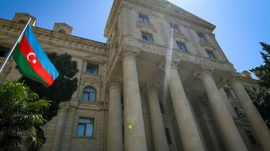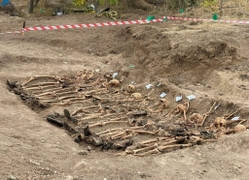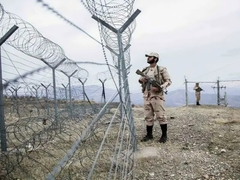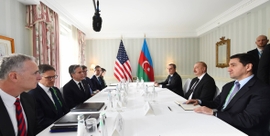Russian President Vladimir Putin and his Iranian counterpart, Ebrahim Raisi, have jointly emphasized the need to address issues in the South Caucasus region through dialogue and diplomatic means.
They engaged in a comprehensive exchange of views during a phone conversation initiated by the Iranian side on September 26, specifically focusing on the situation in the Karabakh (Garabagh) region of Azerbaijan and ongoing efforts to normalize relations between Azerbaijan and Armenia, as reported by the Russian news agency TASS.
President Putin briefed his Iranian counterpart on the activities of the Russian peacekeeping contingent operating in some parts of the Karabakh region, highlighting their role in providing humanitarian assistance to the Armenian residents of the region and ensuring the protection of their rights and safety.
Both leaders stressed the importance of pursuing peaceful, political, and diplomatic solutions to the issues at hand. They also expressed shared interest in strengthening the collaborative efforts within the consultative regional platform 3+3, which encompasses Azerbaijan, Armenia, Russia, Iran, and Türkiye.
Azerbaijan launched one-day counter-terrorist operation on September 19 aimed at disabling Armenian army forces and military infrastructure in the Karabakh region. The operation followed the intensifying Armenian attacks on Azerbaijani positions and the recent deadly mine incidents, resulting in the deaths of Azerbaijani police officers and road construction workers. Also, two servicemen of the Azerbaijani army stationed in the Aghdam district were wounded by Armenian armed formations illegally deployed in the Azerbaijani territories temporarily monitored by the Russian peacekeeping contingent. By September 20, Azerbaijani forces had disabled key Armenian military assets, targeting only legitimate military targets and avoiding civilian areas.
The counter-terrorism measures concluded after the agreement was reached under a set of terms, including the requirement for Armenia’s armed forces in the Karabakh region of Azerbaijan and illegal armed groups to disarm, withdraw from battle positions and military posts, and undergo complete disarmament. Armenia’s armed forces were also obligated to leave Azerbaijani territory, and illegal Armenian armed groups were to be disbanded. Simultaneously, the surrender of all ammunition and military equipment was mandated, with the process being closely coordinated with the Russian peacekeeping contingent.
Baku pledged to protect the rights of Armenians residing in the Karabakh region and reintegrate them into Azerbaijani society in accordance with the Constitution and laws of Azerbaijan.
Meanwhile, during the phone conversation, the Iranian and Russian presidents also affirmed their intention to strengthen trade and economic ties further, advance significant joint projects in the energy and transport sectors and expand contacts among business communities and promote tourism exchanges.
The Iranian president lauded the progress of relations between the two countries as favorable and stressed the need to expedite the implementation of joint agreements and projects, particularly in the fields of transit, transportation, energy exchange, and the completion of the North-South Corridor.
Expressing gratitude for Russia’s backing of Iran’s BRICS membership, President Raisi remarked that “BRICS is one of the emerging organizations effective in shaping the multipolar world and a suitable field for the expansion of bilateral, regional and international interactions between Iran, Russia and other member countries.”
In turn, Vladimir Putin stated that “the trade volume between the two countries was a record-breaking last year.” He expressed his optimism regarding the prompt realization of the Rasht-Astara railway project, linking the railway networks of Iran, Azerbaijan, and Russia, and underscored its potential to substantially boost trade interactions among these nations. The Russian President also emphasized Iran’s status as a strategic partner of Russia.
Both Iran and Russia, facing Western sanctions, have significantly deepened their relations in various sectors, notably in military and defense cooperation, cementing their status as close allies.
Criticism from the West has been directed at Tehran for its support of Russia in the Ukrainian conflict, particularly in providing kamikaze drones. However, Iran refutes the notion that these arms were supplied for use in the war. Tehran acknowledges delivering a “limited number” of drones several months before the Russian invasion of Ukraine.


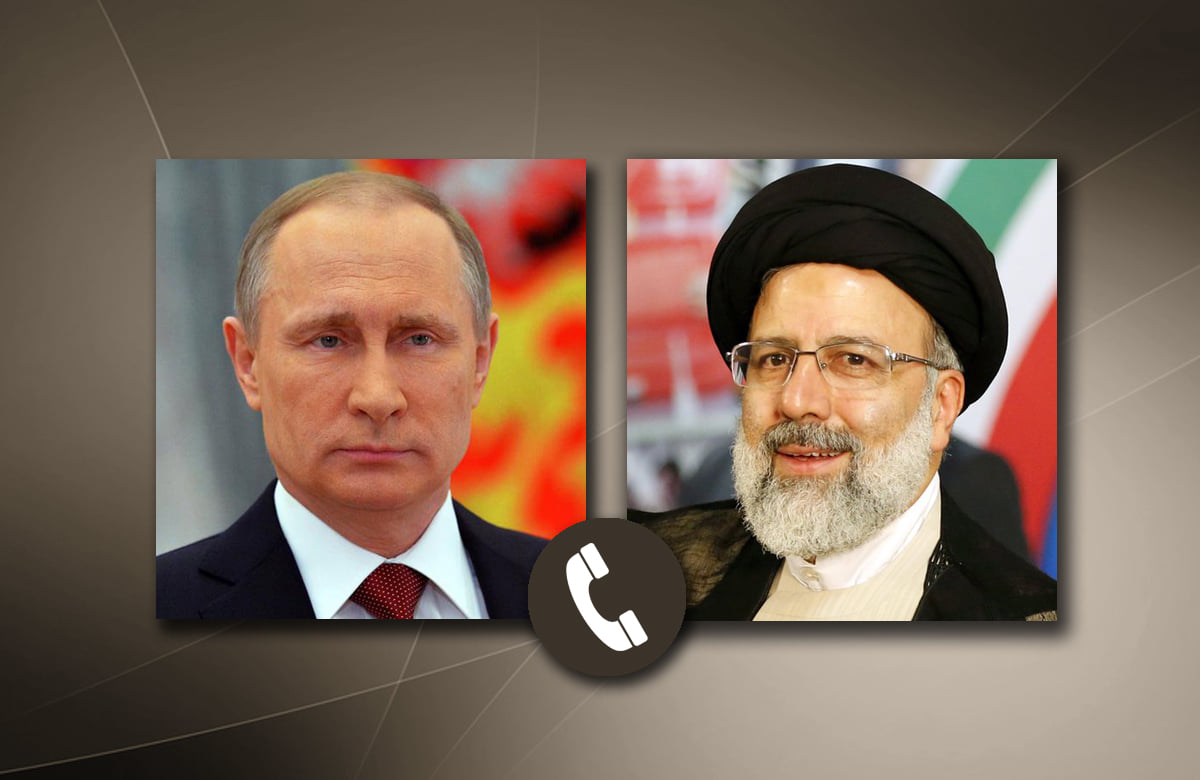




 U.S. Secretary of State Antony Blinken reiterated Washington’s unwavering support for the ongoing peace process between Azerbaijan and Armenia in a...
U.S. Secretary of State Antony Blinken reiterated Washington’s unwavering support for the ongoing peace process between Azerbaijan and Armenia in a...
 The Iranian and Cuban transport ministers have discussed expanding maritime and air transportation cooperation.
The Iranian and Cuban transport ministers have discussed expanding maritime and air transportation cooperation.
 Kyrgyzstan has joined the extensive reconstruction efforts in the Karabakh region of Azerbaijan, after a series of mega initiatives were launched b...
Kyrgyzstan has joined the extensive reconstruction efforts in the Karabakh region of Azerbaijan, after a series of mega initiatives were launched b...
 Iran is moving to fortify its eastern border with Afghanistan in a bid to fight illegal migration and drug trafficking, along with enhancing security.
Iran is moving to fortify its eastern border with Afghanistan in a bid to fight illegal migration and drug trafficking, along with enhancing security.
